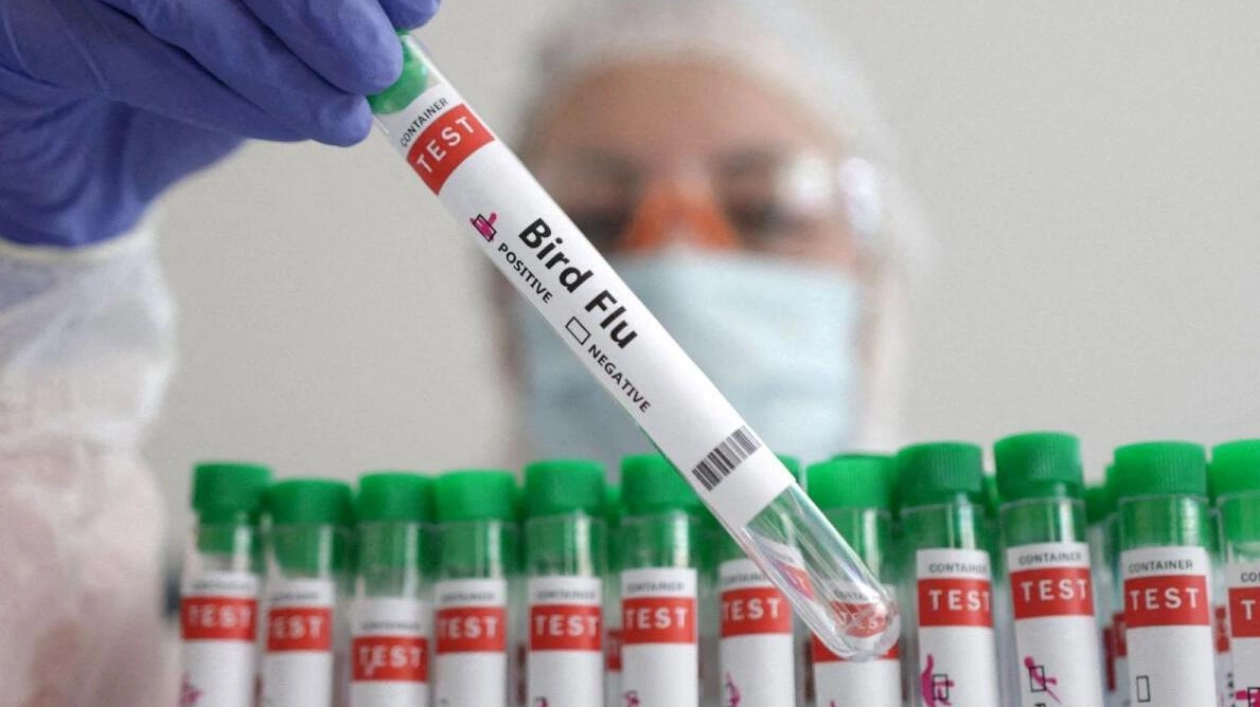Moderna announced on Tuesday that it has received $176 million from the US government to expedite the development of its vaccine for bird flu. This funding comes amid growing worries about a multi-state outbreak of the H5N1 virus in dairy cows and the infection of three dairy workers since March.
The grant from the US Biomedical Advanced Research and Development Authority will be utilized to finalize the late-stage development and testing of a pre-pandemic mRNA-based vaccine designed to combat H5N1 avian influenza, according to a company statement. The agreement also encompasses additional provisions to ready and hasten a response to future public health emergencies.
In March, US authorities disclosed the first occurrence of the H5N1 virus in dairy cattle, which has now spread to over 130 herds across 12 states. Scientists fear that contact with the virus in poultry and dairy facilities could heighten the likelihood of it mutating and acquiring the capacity to transmit easily among humans, potentially triggering a pandemic.
Last year, Moderna initiated a safety and immunogenicity study of its bird flu vaccine, mRNA-1018, in healthy adults aged 18 and over. This study covered both the H5 subtype currently prevalent in dairy cattle and the H7 bird flu subtype. The results of this study, expected this year, will guide the late-stage development strategy.
Moderna's vaccine employs mRNA technology, similar to its COVID-19 vaccine. "mRNA vaccine technology provides benefits in terms of efficacy, development and production speed, scalability, and reliability in managing infectious disease outbreaks, as evidenced during the Covid-19 pandemic," stated Moderna CEO Stephane Bancel.
The production of traditional flu vaccines using cell or egg-based methods can span four to six months. US officials have indicated they are transitioning bulk vaccine from CSL Seqirus, closely matching the current virus, into finished doses that could supply 4.8 million shots if necessary. These doses might be administered to farm workers and others at risk of exposure to the virus. For the broader public, U.S. and global health authorities maintain that the risk from bird flu is still minimal.






